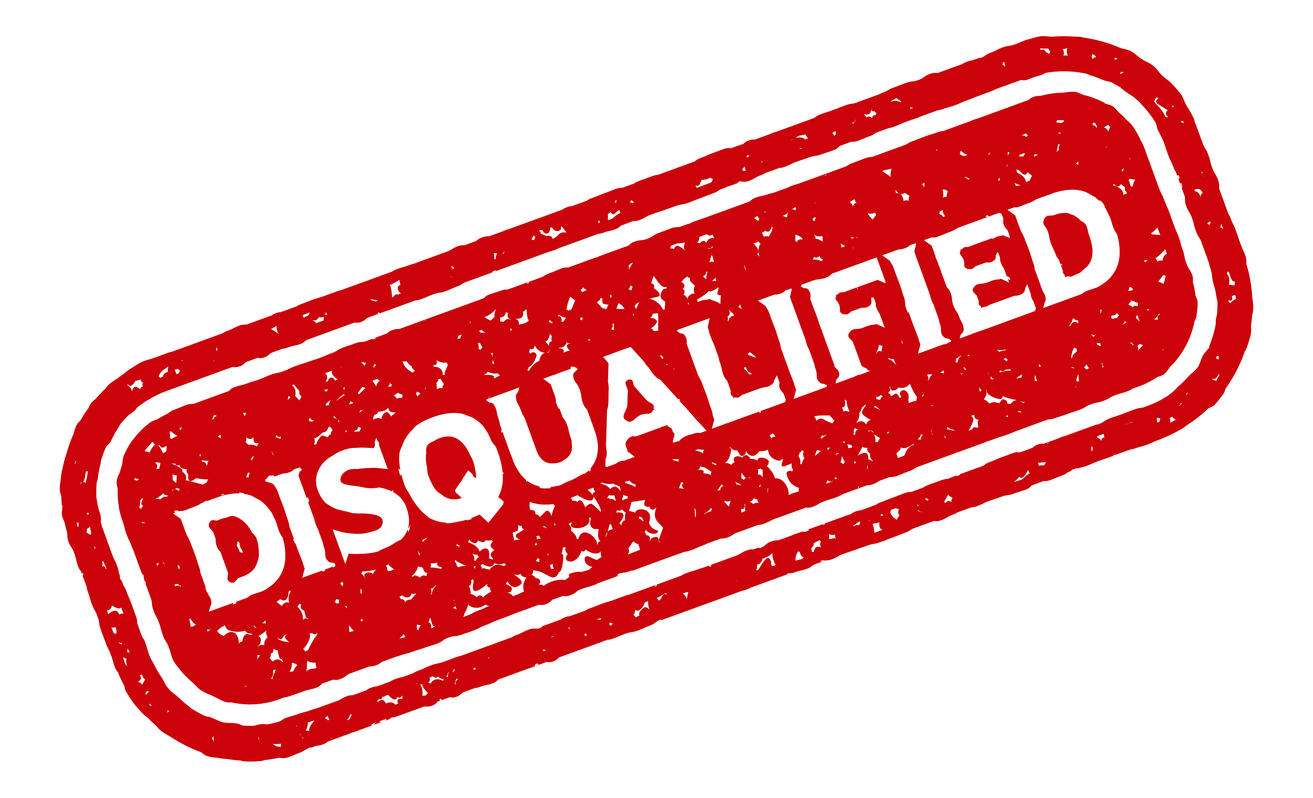On November 30, 2016, the Fifth Circuit Court of Appeal affirmed an order by the Northern District of Texas granting summary judgment for State Farm that an insured’s breach of contract claim was time barred under the limitations clause in the policy and by statute, because it accrued as a matter of law when State Farm first closed its claim file.1
Here are some of the key dates and facts:
- May 2012: Insured filed claim with State Farm for property damage caused by hail and wind storm in April 2012.
- May 2012: State Farm sent adjuster to inspect property. Adjuster noted there were deteriorating shingles on the rear slope of the roof and “evidence of small hail on an aluminum vent cap.” The adjuster also noted that the “[h]ail was too small to damage the shingle” and that some minor damage caused by an overhanging tree constituted a maintenance issue excluded under the insured’s policy. Thereafter the adjuster informed the insured that the inspection revealed no damage covered by her insurance policy.
- June 11 and 12, 2012: State Farm adjuster entered notes into its claim management system, evidencing its intention to issue a denial of coverage letter to the insured. The notes indicated that the letter was to explain that the roof damage was the result of maintenance issues excluded from coverage.
- July 12, 2012: State Farm closed its file.
- August 17, 2012: Insured requested that State Farm reinspect the property.
- August 20, 2012: State Farm reopened insured’s claim.
- August 23, 2012: State Farm sent a new adjuster to reinspect the property. Because the adjuster observed damage to a metal patio cover not listed in the initial inspection report and the cost of repairing the damage the inspection uncovered was less than he insured’s deductible, State Farm again closed the insured’s claim without payment.
- August 23, 2012: State Farm sent denial letter, acknowledging minor damage but explaining that it would not pay because the amount did not exceed the deductible.
The dispute in this case was whether the claim accrued on the date State Farm denied the insured’s claim (July 12, 2012) or when State Farm reinspected the insured’s property and again denied coverage (August 23, 2012).
The insured asserted that she never received a June 2012 denial letter, and State Farm issued no payment to her when it closed her file on July 12, 2012. She further stated that the August 23, 2012 letter was the only denial letter she received from State Farm.
The Fifth Circuit Court of Appeal stated:2
State Farm argues that closing De Jongh’s claim for the first time on July 12, 2012, constituted an outright denial that triggered the limitations clock. We agree. Under Texas law, “a cause of action accrues when a wrongful act causes some legal injury, even if the fact of injury is not discovered until later.” Kuzniar v. State Farm Lloyds, 52 S.W.3d 759, 760 (Tex. App.—San Antonio 2001, pet. denied) (en banc) (quoting S.V. v. R.V., 933 S.W.2d 1, 4 (Tex. 1996)). While the “discovery rule” will delay an accrual date if the injury is fraudulently concealed or inherently undiscoverable, id, De Jongh disclaims reliance on the discovery rule. In Kuzniar, the insureds filed a claim with State Farm in August 1992 regarding a possible plumbing leak under their home. Id. at 760. The adjuster instructed the insureds to have a plumber inspect the property and confirm the leak but the insureds neglected to follow the instructions or communicate further with State Farm. Id. In January 1993, State Farm closed the claim file; however, the insureds did not file suit until August 1996—over three and a half years after the claim file was closed. Id. This Court affirmed summary judgment for State Farm, reasoning that the legal injury arose in January 1993 because “[t]he closing of the claim file was an objectively verifiable event that unambiguously demonstrated State Farm’s intent not to pay the claim, ‘even if the fact of injury [was] not discovered until later.’ ” Id. (quoting S.V., 933 S.W.2d at 4). Summary judgment was proper because the cause of action accrued when State Farm closed the claim file and the insureds failed to bring suit within two years of that date. Id. at 761.
The last sentence of the Court’s opinion is significant: “As the claim file shows, State Farm intended to issue a written denial in conjunction with closing the claim file. Even if the failure to send a denial letter was tortious, it does not reset the limitations clock to State Farm’s subsequent denial.”3
1 De Jongh v. State Farm Lloyds, No. 15-20522, 2016 WL 7009088 (5th Cir. Nov. 30, 2016).
2 Id. at 2.
3 Id. at 3.



